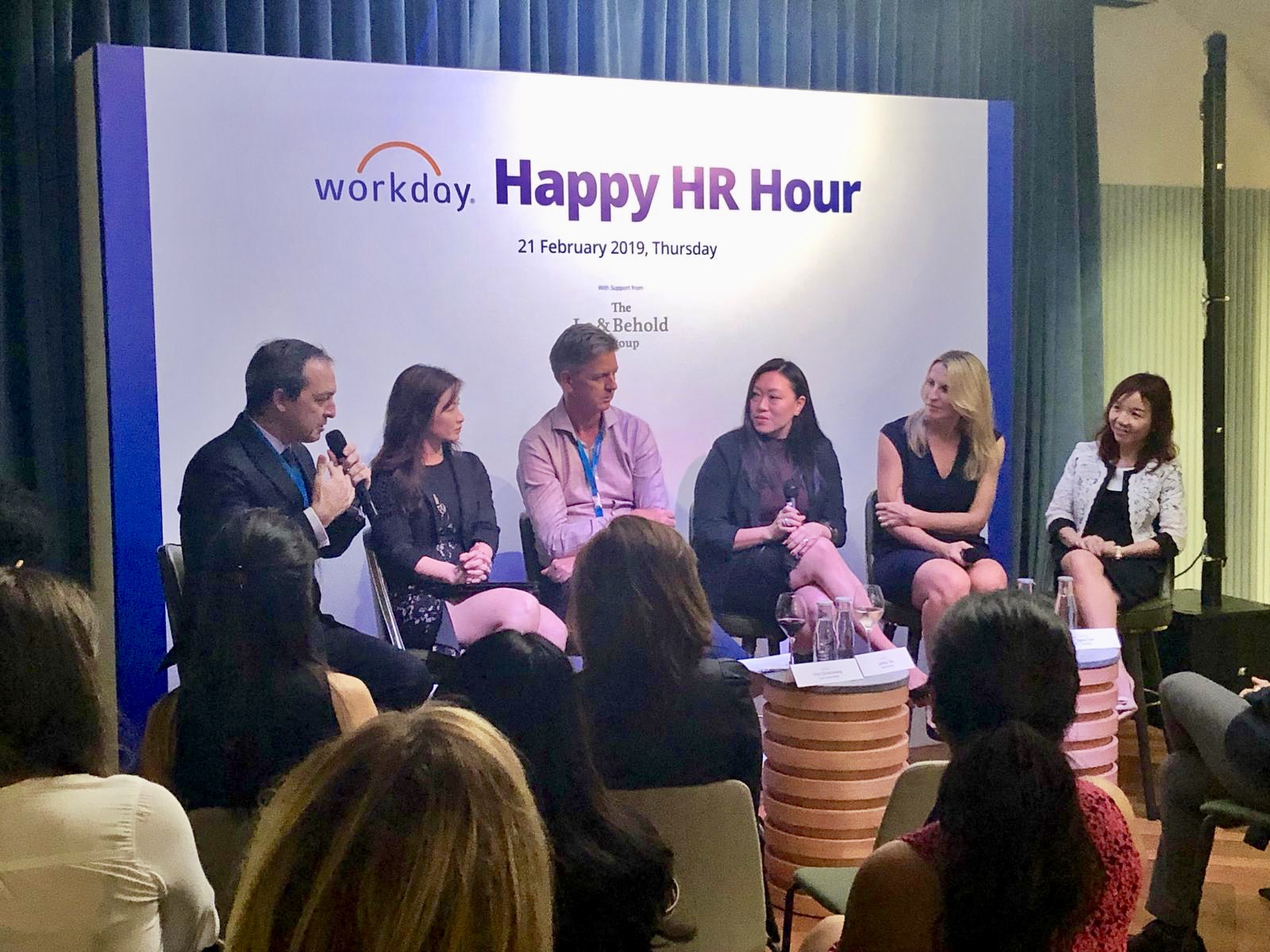Companies should embrace diversity and inclusion to serve a purpose

HR and digital transformation leaders from a variety of sectors in Singapore say companies must drive a cultural shift locally to improve diversity and inclusion, rather than focusing solely on hard targets.
The comments were made at a panel discussion hosted by cloud technology company, Workday, around the theme of New Frontiers in Diversity & Inclusion
It was noted that some companies in Singapore may be placing too much emphasis on meeting quotas, which can create a situation where hires are made just to meet targets — rather than considering which talent can bring the most value to a company over the long term.
“Diversity and inclusion needs to serve a purpose so that it does not come at the expense of the company’s bottom line. Diversity and inclusion is important because it helps to challenge common views and prevent group thought. Having a non-traditional person on the team can help lead to innovation with divergent thinking,” said panellist Merle Chen, Chief Talent Officer of The Lo & Behold Group.
The panel also urged companies to take a forward-looking approach to hiring talent. As more companies unlock value through building diversity and inclusion, traditional hiring approaches, based on relevant past experience, should be reviewed.
“We need to look into the future and hire people who can add value to the organisation based on their diverse skillsets and not just related past experiences. True diversity and inclusion is not just about fulfilling gender or nationality quotas but how hiring people of diverse skills, experience and cultures can add value to an organisation,” said Larissa Tan, Chief Executive Officer, Vanda Electrics said.
The use of technology to support and enhance workplace diversity and inclusion initiatives was also discussed.
“Technology is transforming HR’s ability to manage diversity through the provision of better insights and to help reduce bias at the recruitment stage,” said Jasie Fon, General Manager for Southeast Asia, Workday.
“Workday’s own Chief Diversity Officer for example, makes use of data to understand the composition of women in different departments and their positions. They can use this information to help build personalised career development plans for women in the company and formulate strategies to tackle unconscious bias,” she added.
Looking ahead for 2019, the leaders said that a close partnership between the public and private sectors is key to driving diversity and inclusion agenda forward in Singapore.



